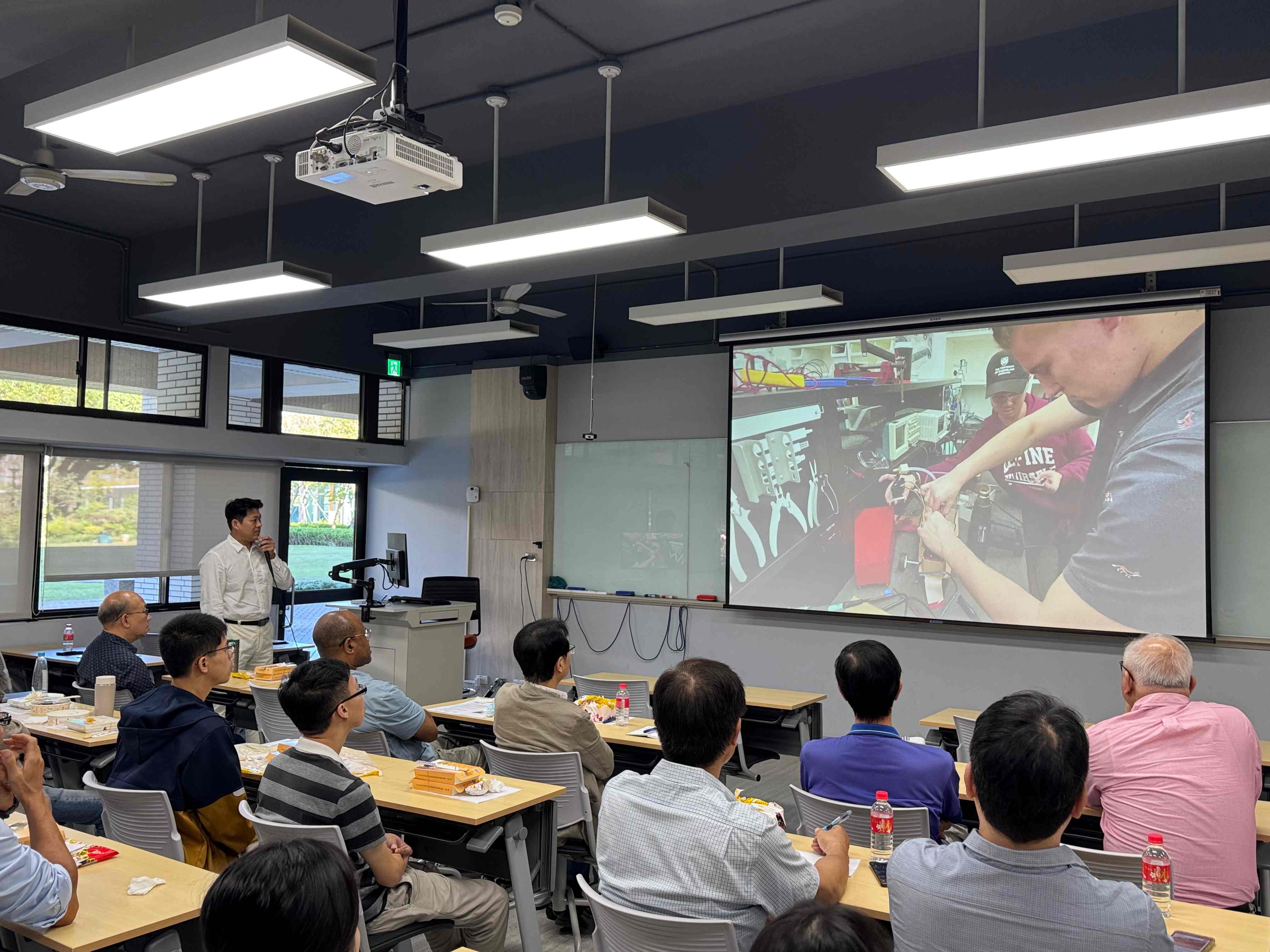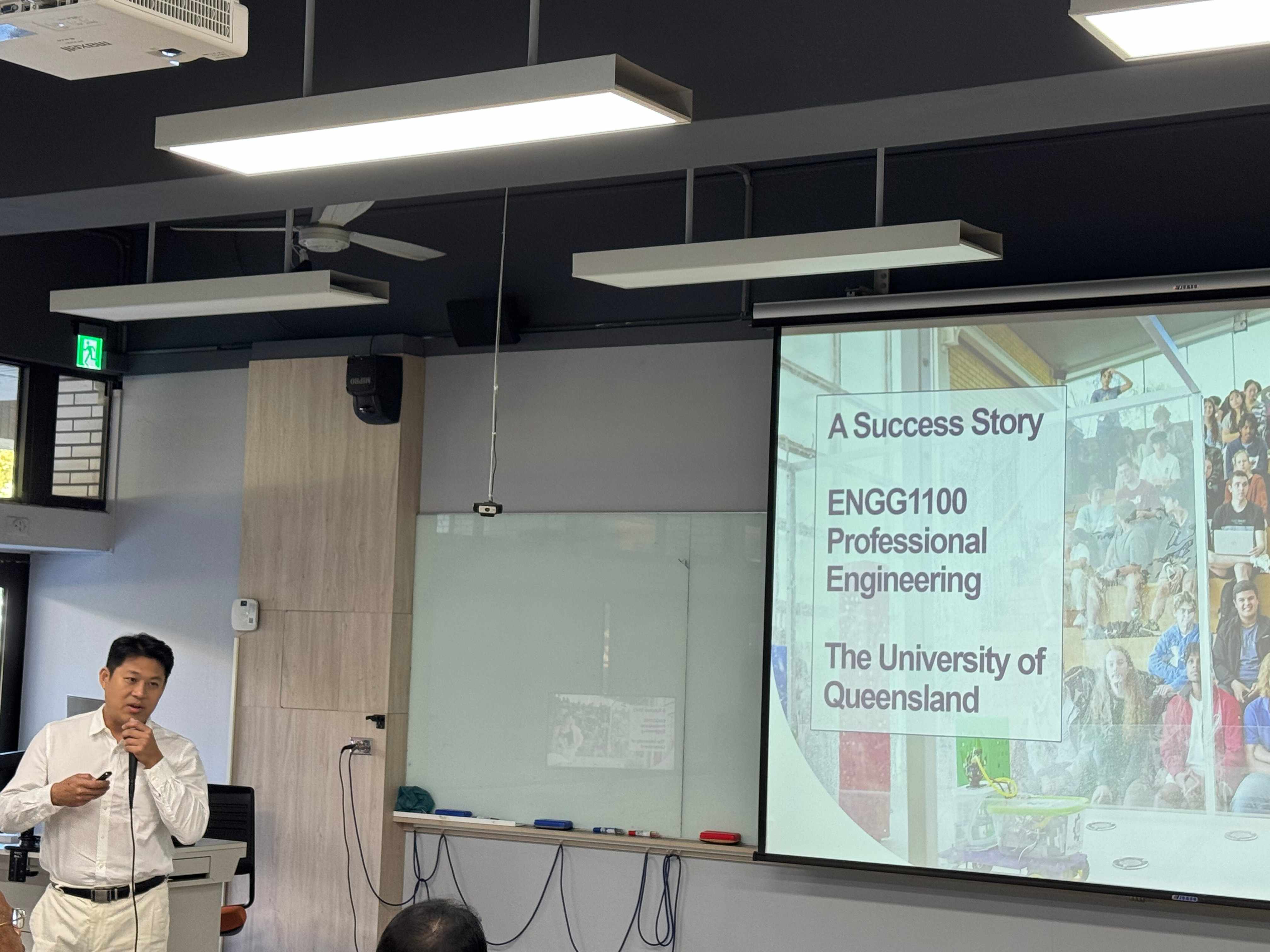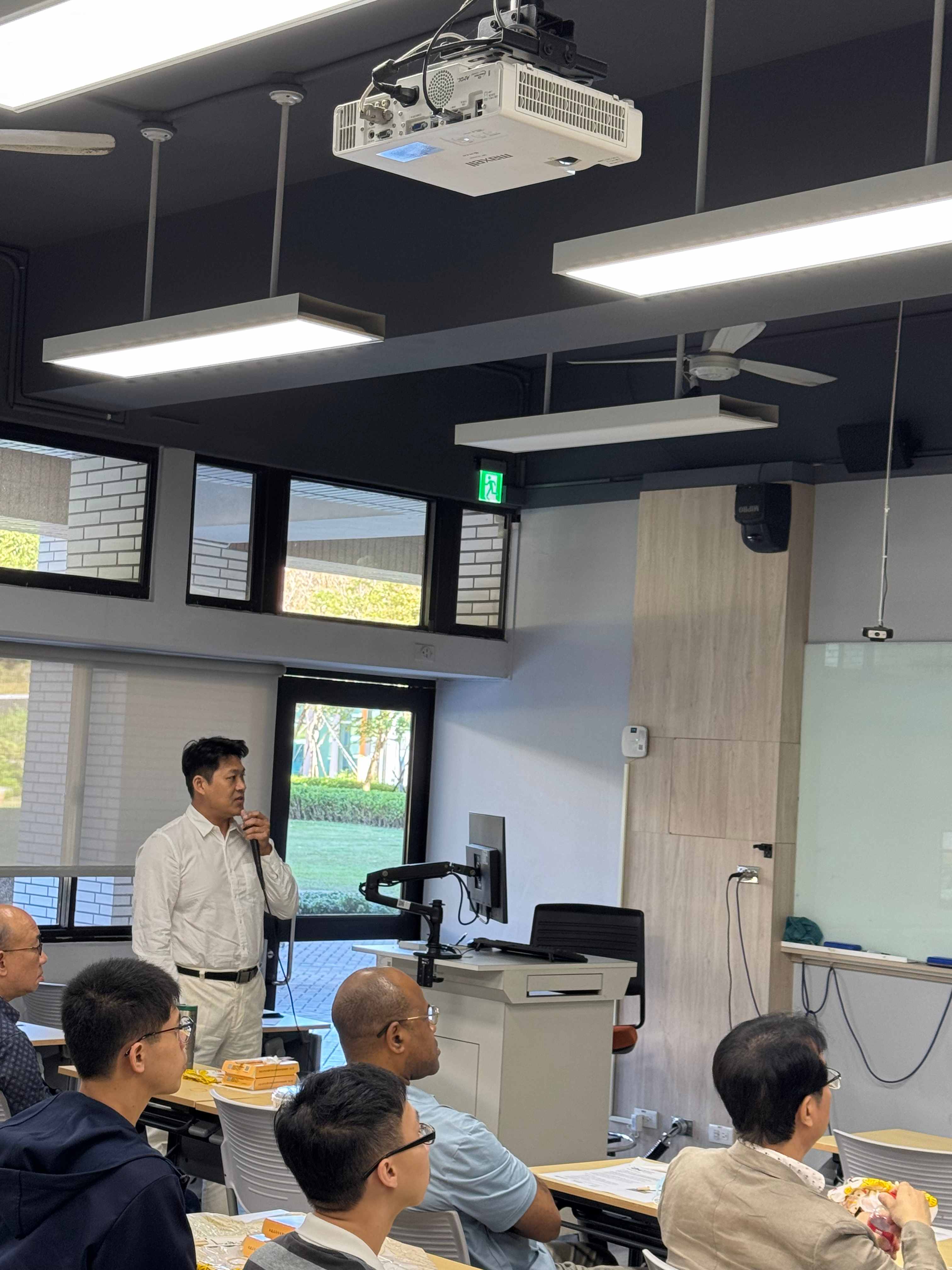


UQ STEP Teaching and Learning Experience Sharing Session



To strengthen faculty development and gain valuable international teaching experience, Feng Chia University’s International School of Technology and Management (ISTM) held the “UQ STEP Teaching and Learning Experience Sharing Session” on November 5, 2025. This event followed the participation of Associate Professors Shaw-Jyh Shin and Wei-Lun Lin in the Scholarship of Teaching and Education Program (UQ STEP) at the University of Queensland (UQ), Faculty of Engineering, Architecture and Information Technology (EAIT), in July 2025. Professor Shin emphasized that UQ is a highly practical and industry-connected institution, focusing on “learning by doing.” He shared key aspects of UQ’s learning ecosystem, including active learning, robust tutoring support, strict academic integrity, comprehensive assessment mechanisms, and digital learning resources. EAIT students are also required to complete 430 hours of Engineering Professional Practice (EPP) to gain hands-on experience. Professor Lin highlighted a global shift in education—from teacher-centered to learner-centered approaches—and shared three core principles: • Creating an engaging learning environment • Providing opportunities for learners to take ownership of their education • Developing critical thinking, independent problem-solving, and self-regulation skills He quoted a student’s feedback: “You taught me nothing but I’ve learned a lot!”, illustrating the importance of guiding rather than spoon-feeding knowledge. The session also addressed AI evolution and AI integrity. Professor Lin noted that AI in education has moved through three phases: from “panic and ban” to “detection and vigilance,” and now toward “integration and human-centered approaches.” UQ has introduced an AI Framework focusing on academic integrity, educational enhancement, and student preparedness—emphasizing quality learning while fostering critical thinking and ethical responsibility. ISTM also hopes that through this international exchange, students will develop the following core competencies: 1. Proactive learning – taking initiative rather than relying solely on the teacher’s pace. 2. Effective communication – maintaining good interaction with the university. 3. Understanding and fulfilling responsibilities – knowing their rights and obligations, and complying with regulations. 4. Problem-solving mindset – actively seeking solutions when facing challenges. 5. Positive interpersonal relationships – respecting faculty and peers, and fostering friendly interactions. 6. Well-being awareness – prioritizing physical and mental health and avoiding harmful habits. ISTM aims to cultivate students who are proactive learners, effective communicators, and responsible global citizens, while promoting mental well-being and academic integrity.
Share: